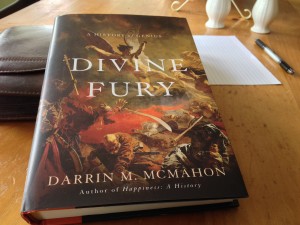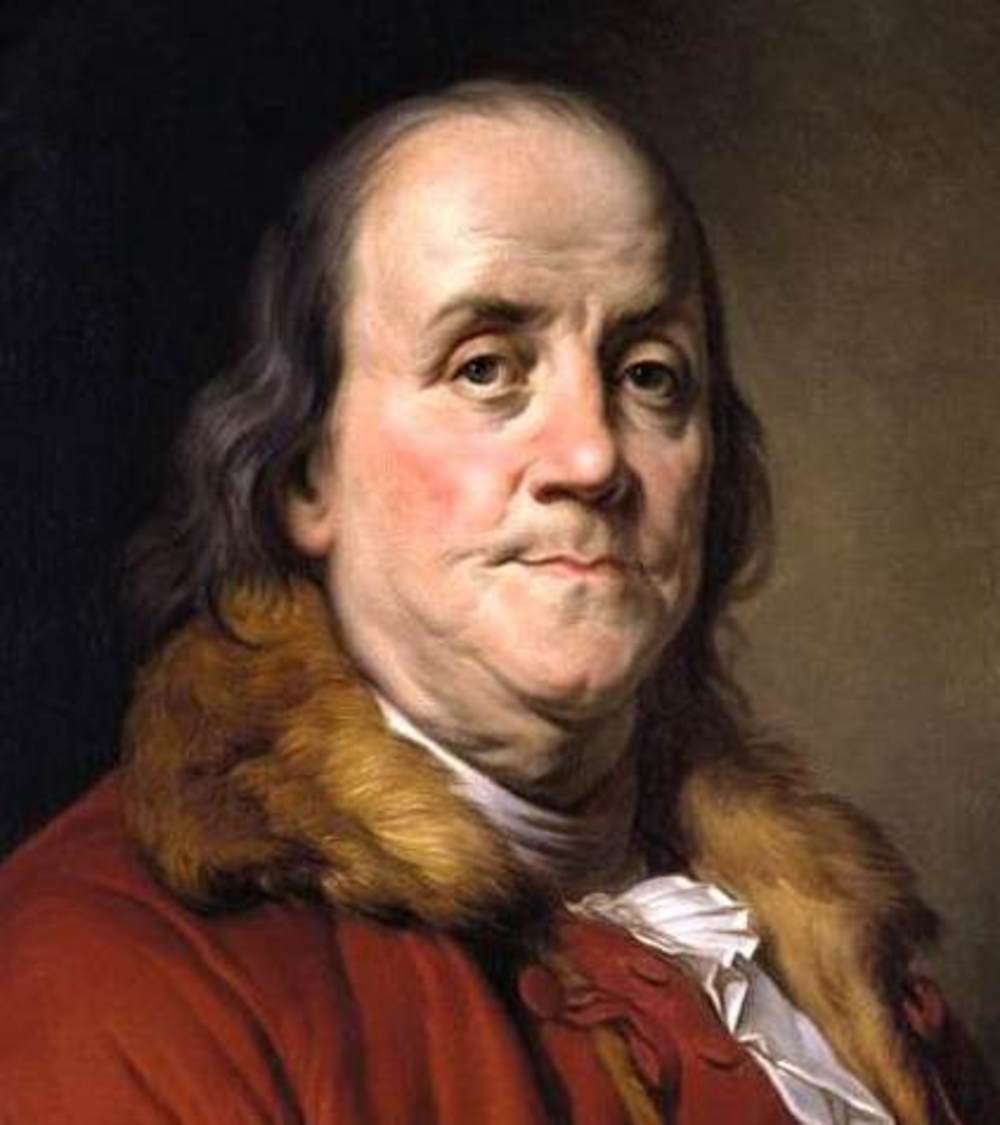
I have been around many leaders. Some I’ve worked with, some I’ve interviewed, and some are friends. All are human, yet the ones willing to speak tough truths, especially within their own organizations or companies, is sadly too small.
The tragic and sordid stories about Mark Driscoll have been tough to digest. As discouraging as those have been, it is the overwhelming silence of men in Christian leadership I find most disheartening. Carl Trueman has written many important pieces on this topic, and recently penned “Mark Driscoll’s Problem, and Ours.” The pieces Carl started writing late last year for Ref 21 were never mentioned on any of the big blogger sites. Carl’s recent piece in First Things now has over four thousand Facebook postings. Any popular Reformed bloggers or tweeters linking to it? None that I have found.
With respect to the leaders, I was hoping for at least one to say they were talking to Driscoll, but felt it inappropriate to divulge the specifics. And then to ask for our prayers. I am amazed that no one did that. It would have quelled much of the controversy. Not all of it to be sure, but much of it.
More candidly, I imagine there might be someone who could honestly say one of the following:
I was pragmatic and it simply clouded my better judgment.
I did not want to be the first to speak, so kept waiting. It turns out everyone decided to wait. Plus, I remember John MacArthur as a lone voice raising concerns about Driscoll’s approach, and he got marginalized for speaking up. The price of speaking up, especially within one’s own organization, is costly, and I simply didn’t want to pay it.
I protected my theological tribe, even when I had nagging doubts it was the right thing to do.
I lacked courage. I feared man more than God. Fearing man is definitely a snare.
I got snookered into simply “believing the best” because Mark Driscoll is orthodox in doctrine. I then remembered a lesson from church history: The Apostolic Fathers were as concerned about schismatics as they were about heretics. Schismatics can be thoroughly orthodox in their doctrine, but still destructive to the church.
I wanted to be buddies with other leaders in the Gospel Coalition and T4G so did not want to step on their toes. I am painfully aware of how idolatrous that became.
Finally, let it be known that the author of this piece is a sinner. He has learned, and is learning, that no criticism is free from self-serving motives. We live in a fallen world and take our own corruption wherever we go. But our sin should never be an excuse for failing to embark on the messy, yet important task of calling others to repentance. We model the glorious and godly tension in Gal. 6:1 when we do so.











